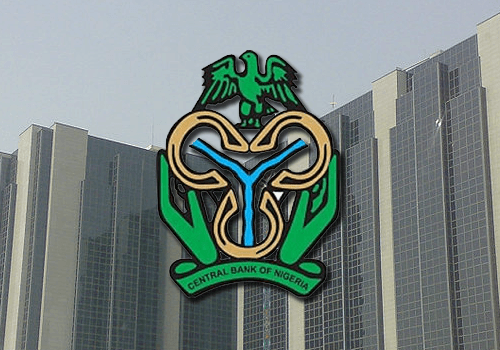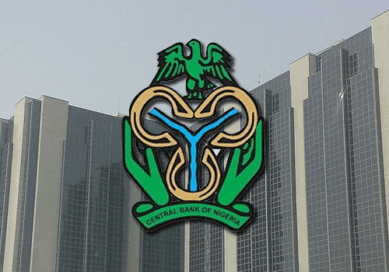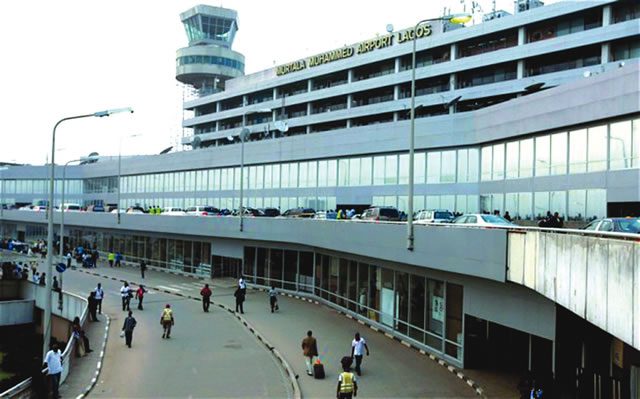Economic Issues
Banks And The New Surfeit Of Dollar Deposits -By Uddin Ifeanyi

The refusal by “deposit money banks” (that’s how the Central Bank of Nigeria ― CBN ― prefers to describe them) to accept foreign currency cash deposits into bank customers’ domiciliary accounts was as difficult to understand, as it was disruptive of economic life.
In search of further evidence of how conflicted Nigeria has become, one could do no worse than point at the recent machinations at the National Assembly. The immediate tension in this regard is that between the enthusiasm with which the different parties to the conflict now raging in the supposedly hallowed law-making chambers have elevated concern with schisms over the more paramount and mounting needs of the economy.
While “reprobate” might properly describe our legislators’ behaviour since they assumed office, the “lethargy” that would appear to characterise the executive arm’s approach to governing since the May 29th swearing-in is, itself, at odds with a plethora of other national worries. Two of these concerns immediately recommend themselves: the fright that the ineptitude of the Jonathan administration occasioned and which drove the electorate into the APC’s embrace has, apparently, not been sufficient a spur to bestir government. Neither has the subsequent sense of national unease with the decrepit state of the economy.
A number of those who approached the banks to deposit these monies, last week, were preparing for the resumption of the school year. They meant, once the cash deposits were made, to transfer these monies (as school fees) to their children’s schools abroad. What to do now? I imagine that affected parents have had the weekend to interrogate the full gamut of options available to them. Still, no economy thrives, for long, by constantly blind-siding domestic economic actors.
However, for drama and confusion, events last week in the financial services sector, steal the cake. The refusal by “deposit money banks” (that’s how the Central Bank of Nigeria ― CBN ― prefers to describe them) to accept foreign currency cash deposits into bank customers’ domiciliary accounts was as difficult to understand, as it was disruptive of economic life.
For the most part of the day, after it emerged that banks were not accepting foreign currency deposits from their customers, the question that most asked to be answered was why banks were turning down a transaction that the CBN explicitly provides for. At the very worst the apex bank demands that deposits in excess of US$10,000 be reported for KYC (know your customer) compliance.
In addition, there was a functional challenge to the banks’ decision. A number of those who approached the banks to deposit these monies, last week, were preparing for the resumption of the school year. They meant, once the cash deposits were made, to transfer these monies (as school fees) to their children’s schools abroad. What to do now? I imagine that affected parents have had the weekend to interrogate the full gamut of options available to them. Still, no economy thrives, for long, by constantly blind-siding domestic economic actors.
Confronted by prospects of a dollar glut, the markets panicked; and the naira pared some of its recent losses against foreign currencies.
Then came the bombshell! The banks claimed they had implemented the decision not to accept additional foreign currency deposits into domiciliary accounts because (in the words of one of them) of the “current influx of foreign exchange (FX) cash deposits we have been receiving in recent times, and the lack of available FX cash outlets”. In plain English, the banks claimed, last week, that their vaults are overflowing with dollar deposits. This would not have been such a bad outcome, since each bank would therefore have been able to claim a bigger and growing balance sheet than it had last year. Except that the banks also claim that they have nowhere to put this new “liquidity”. This latter prospect would have hurt banks’ net interest margins, as they would have had to pay interest on the deposits without being able to earn interest from deploying them.
How did all this play out? Confronted by prospects of a dollar glut, the markets panicked; and the naira pared some of its recent losses against foreign currencies.
…there are questions about the industry’s integrity. In the months leading up to the fess up on the surfeit of dollar deposits, bank treasurers were wont to complain about difficulties they were having meeting their clients’ demand for dollars to import goods into the country.
Still, something about all of these was not quite right. The CBN’s silence was deafening. True, all the fuss, last week, was about a foreign currency. Moreover, at first blush, the banks’ actions may have helped the apex bank in its pursuit of a stronger domestic currency. But, technically, the banks could as well have decided that they had a surfeit of naira deposits, and not enough loans and advances opportunities for deploying these deposits. Would they have been justified turning depositors back? And how would this have altered the CBN’s monetary policy formulation/implementation?
Beyond this consideration, though, there are questions about the industry’s integrity. In the months leading up to the fess up on the surfeit of dollar deposits, bank treasurers were wont to complain about difficulties they were having meeting their clients’ demand for dollars to import goods into the country. Indeed, the CBN had intervened in aid of the perceived dollar dearth by banning, just two months ago, 40 industrial sectors from access to official foreign exchange markets.
Something may have changed in the markets’ dynamics. But it certainly is not what we are being told!



















